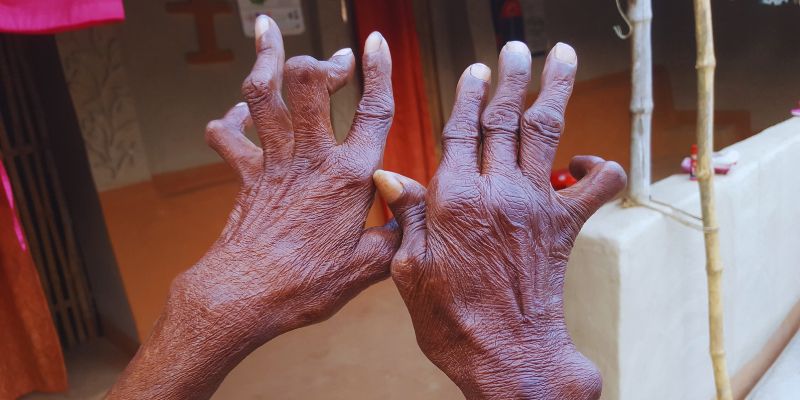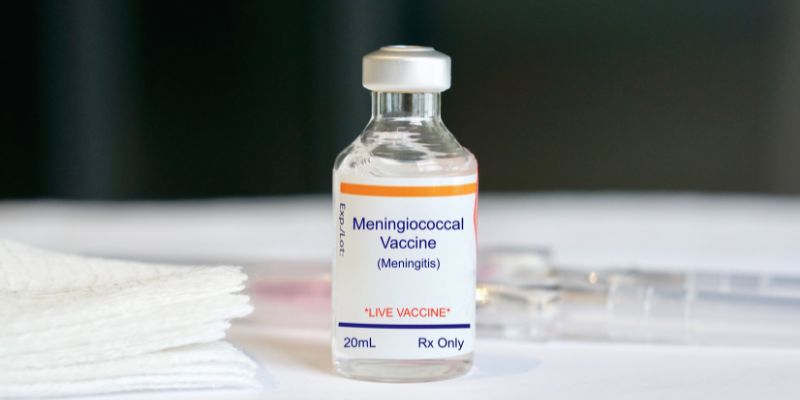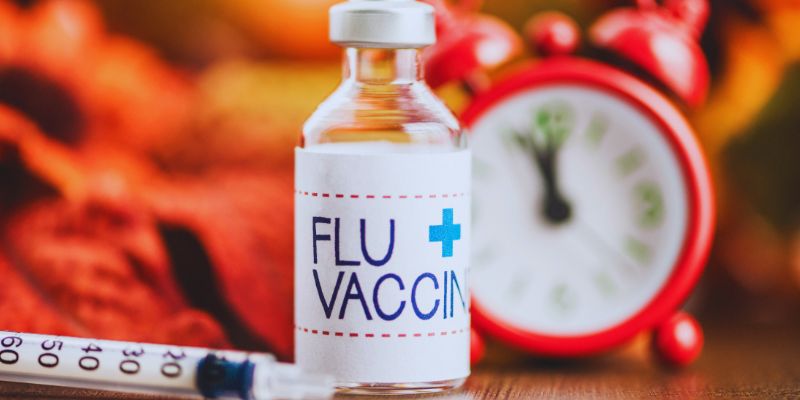Can Depression Worsen RA Symptoms or Make Treatment Less Effective: An Overview
Advertisement
A chronic illness, rheumatoid arthritis (RA), causes joint discomfort and swelling. Many with RA also suffer from depression, which can compromise their general well-being. Studies reveal that depression could aggravate RA symptoms, so controlling pain and tiredness becomes more difficult. It might also lower the efficacy of medicines, compromising disease control. It can prompt individuals to quit treatment or miss doctor visits.
Higher joint injury and higher inflammation are possible results of this. Improved management depends on an awareness of the relationship between RA and depression. For best outcomes, doctors advise treating both diseases concurrently. Medications, mental health treatment, and lifestyle modifications help to lessen symptoms. Dealing with depression can help RA treatment be more successful.

How Depression Affects RA Symptoms?
In several respects, depression can worsen RA symptoms. It raises pain sensitivity, so joint discomfort feels more intense. Depression sufferers typically feel fatigued, which can aggravate RA-related tiredness and complicate daily activities. Additionally, triggering RA flare-ups is stress and worry brought on by sadness. Stress hormones like cortisol might aggravate inflammation, which would cause increased joint stiffness and edema. It can lower the general quality of life and complicate the management of RA symptoms. Those suffering from RA and depression could also feel more alone.
Common in depression, social withdrawal can result in physical inactivity. Lack of movement compromises muscles, lowers joint mobility, and, over time, aggravates RA symptoms. Maintaining a good lifestyle becomes more difficult when one combines physical and emotional pain. Managing depression with therapy, medications, or lifestyle modification will assist in reducing RA-related discomfort. Correct therapy, stress control, and a good attitude help to simplify the management of the illness, therefore enhancing both mental and physical condition.
The Link Between Depression and RA Medications
Depression could compromise the efficacy of RA therapies. According to certain research, RA medications are ineffective for those suffering from depression. It could be the result of inadequate medication compliance or biological elements. Depression sufferers may find it difficult to stick to their treatment regimens. They could overlook following lifestyle advice, seeing doctors, or picking medications. Unchecked RA symptoms and more damage to joints can follow from this.
Furthermore, compromising the immune system, depression can reduce the efficacy of RA therapy. While some RA medications help to reduce inflammation, depression-related chronic stress may aggravate it. Treatments like biologics or disease-modifying medications may lose some of their benefits. To maximize therapy results, doctors advise treating depression in tandem with RA. Help comes from stress management strategies, medications, and therapy. Better treatment response and symptom control depend on a healthy mental state.

Can Stress Make RA and Depression Worse?
Stress can set off depression as well as RA flare-ups. The body releases cortisol, a hormone that aggravates inflammation, under stress. More pain from high inflammation levels aggravates joint soreness, edema, and stiffness. Moreover, detrimental to mental health might be long-term stress. Daily suffering and limited mobility are common experiences of people with RA. Depression can result from constant stress, causing emotions of frustration and unhappiness. Managing RA might be much more difficult under this emotional load.
Stress, depression, and RA can all aggravate symptoms in a cycle. Stress causes inflammation, which aggravates discomfort and subsequently drives mental turmoil. RA is harder to manage in this cycle. Controlling stress can help to interrupt this cycle. Modest exercise, deep breathing, and meditation can lower stress and enhance well-being. Moreover, asking for aid from a therapist or support group might help with emotional difficulties, thereby improving RA control.
How Does Depression Impact RA Treatment Success?
By influencing the body's reaction to treatment, depression can complicate RA treatment. Studies show that depressed persons generally have increased pain sensitivity, which might explain why RA symptoms feel more severe. People might not get notable alleviation because of changed pain perception, even with recommended medications. Depression can also compromise the immune system, therefore slowing down the body's healing capacity. It can lower the efficacy of RA medications, so flares are more common and difficult to control.
Depression is also linked to higher oxidative stress, which could, over time, aggravate joint injury. However, another important issue is the effect of social disengagement. Depression sufferers may skip doctor consultations, physical therapy sessions, or support groups, therefore postponing treatment changes. Insufficient social support can complicate RA management. Therapy, mindfulness, and medicine can all help with depression; these will help to enhance treatment response. Better pain control, fewer flares, and enhanced mobility can all result from a combined strategy over time.
Strategies to Manage Depression and RA Together
Dealing with these disorders calls for a whole-hearted approach. These tactics could be useful:
- Seek Professional Help: Counseling a therapist or doctor can help one control depression. Medication and therapy can boost drive and happiness.
- Stay Active: Walking and yoga are mild activities that help RA sufferers. Furthermore, enhancing mood is physical exercise.
- Eat a Healthy Diet: A balanced diet, including anti-inflammatory foods, can support joint health. Omega-3 fatty acids, fruits, and vegetables help.
- Get Enough Sleep: Good sleep can help mood and lower pain sensitivity. A nightly ritual helps one sleep better.
- Practice Stress Management: Techniques for relaxation, deep breathing, and meditation help reduce stress. Reducing stress benefits RA and depression.
- Follow Treatment Plans: Following a prescription helps to stop RA from worsening. Effective therapy depends on constantity.
- Connect with Others: Loneliness can be lessened through family, friends, or support group help. Discussing difficulties can help one find emotional release.
Conclusion:
Better health depends on managing RA and depression simultaneously. Depression can aggravate inflammation, reduce treatment success, and cause more pain. It can also result in social disengagement and poor medication adherence, therefore complicating RA management. Treating both disorders with treatment, medicine, exercise, and stress management will help one be better. Important roles also are played by a balanced diet, good sleep, and emotional support. One can change things by asking doctors, therapists, and support groups for aid. Higher RA symptom control, fewer flares, and a higher quality of life can all follow from good mental health care. Dealing with both disorders concurrently guarantees the best outcomes.
Advertisement












